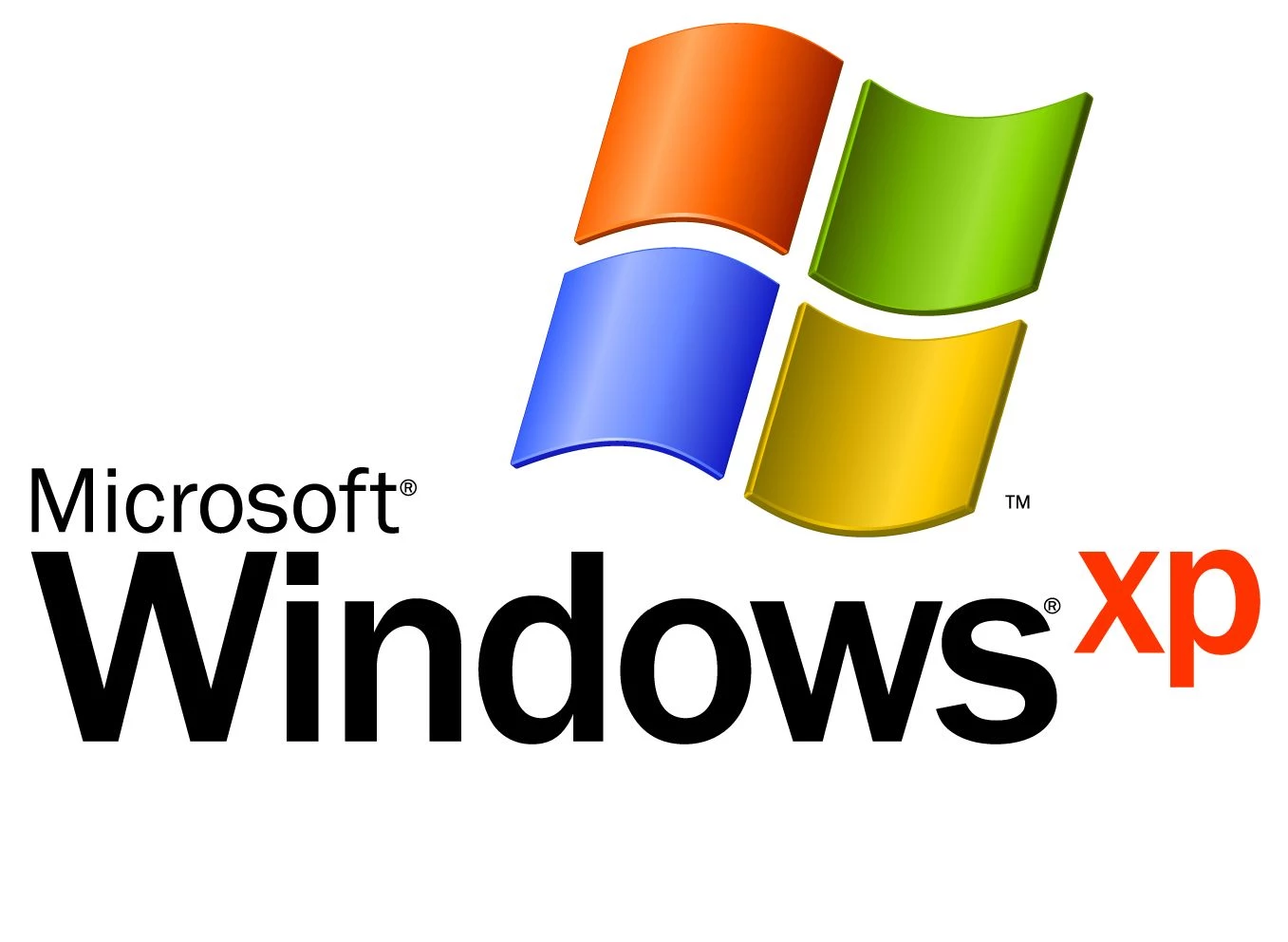
Partner Article
The end of Windows XP is close – what are you going to do?
Atlas Cloud, provider of hosted desktop solutions discuss the forthcoming withdrawal of support by Microsoft for operating system Windows XP;-
The end of Windows XP is on the horizon. From 8th April 2014 onwards, software updates for the XP operating system will cease to continue, leaving thousands of companies with a huge problem.
Released on 24th August 2001, the XP system was a convergence of the best features of its predecessors, integrating them into one easy-to-use system with specific editions depending on the type of user, Professional and Home. Whilst maintaining the core features of Windows 2000, XP featured a fresh design that was simpler to use. So easy was the navigation and use of the computer that the uptake was monumental, going on to become one of the most popular operating systems ever and Microsoft’s most successful to date.
However, as the April deadline approaches, the vast amount of home and business users still operating XP are faced with a huge security problem; by deciding to no longer provide support, Microsoft have forced users into a state of vulnerability. Withdrawing support will mean that security holes are not fixed, patches won’t be provided, and there will be no protection against outsider attacks. This is particularly concerning for businesses that have little knowledge or regard for cyber-security, where beforehand neglect for the threats posed in the computing world were masked by Microsoft providing automatic updates through Windows Update.
Microsoft intends to continue providing anti-malware support until July 2015, however this is more likely to act as a short-term extension of XP’s dwindling lifespan rather than guarantee its performance and safety.
Thousands of businesses who continue to operate XP have no future plans in order to remedy the problems that April’s turnoff will bring. 40% of American executives in medium-sized businesses did not have any knowledge that support was even ending. For companies, the most worrying aspect is that the lack of updates opens them up to the very real danger of viruses and other malware which can steal sensitive data and information. Without doubt, the problem of hacking is not a matter of if, but when it happens; the vulnerability is unquestionably going to be exploited by hackers. Some estimates suggest that the time taken for the attacks to begin may be at most 10 minutes after the deadline.
Although XP may seem like an outdated system that is unsuitable for the needs of businesses and private users today, it is still estimated to be running between 25% to 33% of the worlds desktops; those intending to benefit from April onwards certainly have more than enough data to get their teeth in to.
An increasing number of firms are considering and migrating to a virtual, hosted desktop as an answer to their problems.
One compelling reason to do so is the lack of time before April for businesses to migrate and update to a newer traditional IT system; estimates state that depending on the business size, it can take up to 3 years to move to a new operating system, not to mention the level of disruption this would cause. 75% of hardware used by businesses is incompatible with newer Windows OS. A basic solution would be to overlook the high capital outlay and purchase new hardware operating updated software. However, for most businesses, particularly small-medium sized firms, financial challenges and a lack of preparation mean that this is not a realistic choice. Cloud has been touted as an alternative which would prevent a repeat of the same scenario in the future, and resolve the looming threat that 8th April poses.
If you require more information regarding Cloud as a solution to your computing needs, feel free to contact our experienced team for more information on 0191 283 0191 or info@atlascloud.co.uk.
This was posted in Bdaily's Members' News section by Martin Robertson .
Enjoy the read? Get Bdaily delivered.
Sign up to receive our popular morning National email for free.








 £100,000 milestone drives forward STEM work
£100,000 milestone drives forward STEM work
 Restoring confidence for the economic road ahead
Restoring confidence for the economic road ahead
 Ready to scale? Buy-and-build offers opportunity
Ready to scale? Buy-and-build offers opportunity
 When will our regional economy grow?
When will our regional economy grow?
 Creating a thriving North East construction sector
Creating a thriving North East construction sector
 Why investors are still backing the North East
Why investors are still backing the North East
 Time to stop risking Britain’s family businesses
Time to stop risking Britain’s family businesses
 A year of growth, collaboration and impact
A year of growth, collaboration and impact
 2000 reasons for North East business positivity
2000 reasons for North East business positivity
 How to make your growth strategy deliver in 2026
How to make your growth strategy deliver in 2026
 Powering a new wave of regional screen indies
Powering a new wave of regional screen indies
 A new year and a new outlook for property scene
A new year and a new outlook for property scene